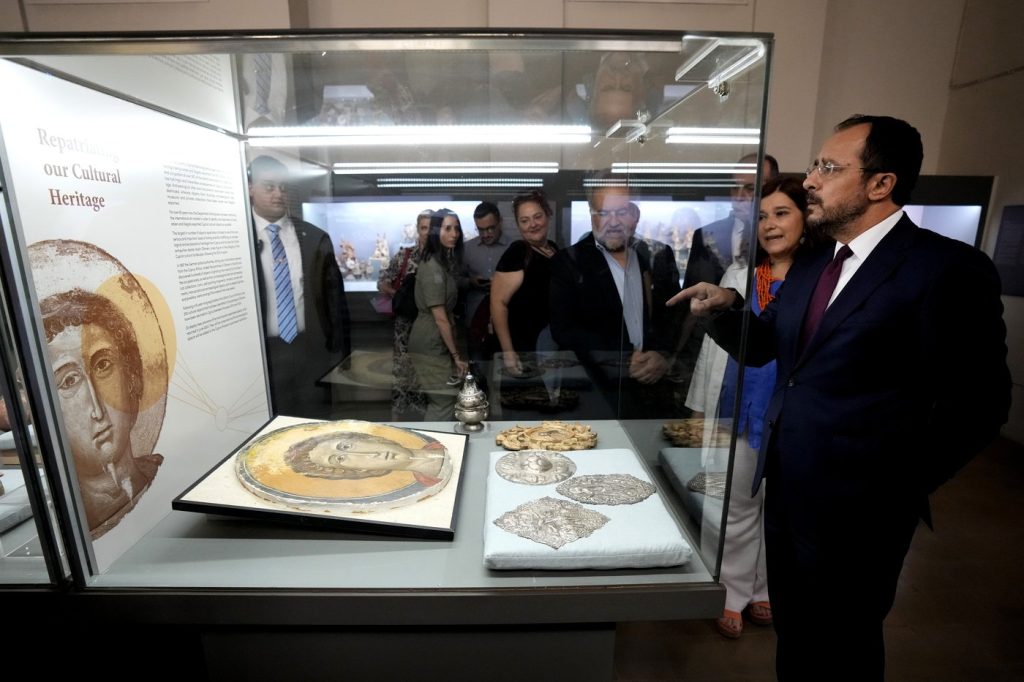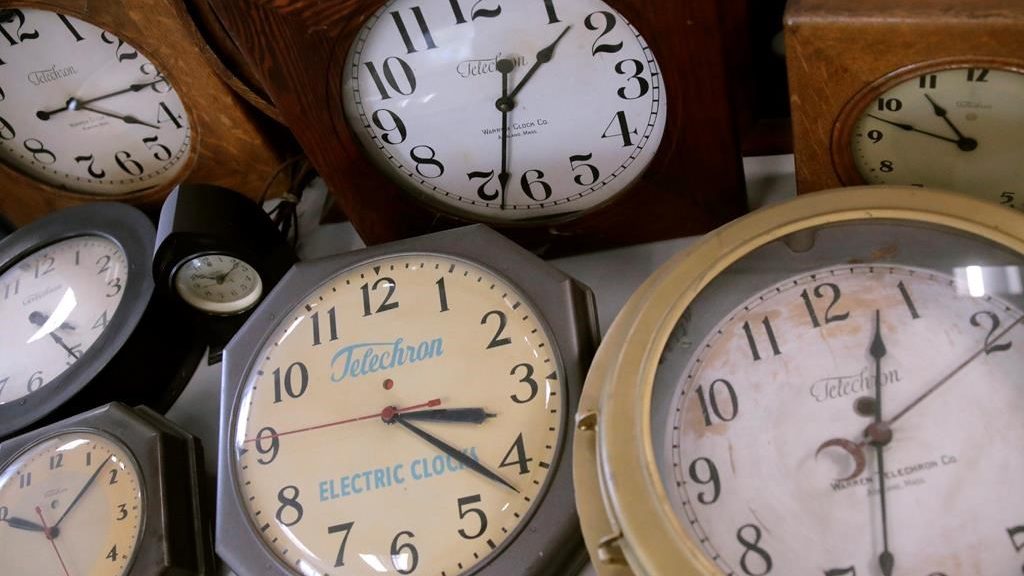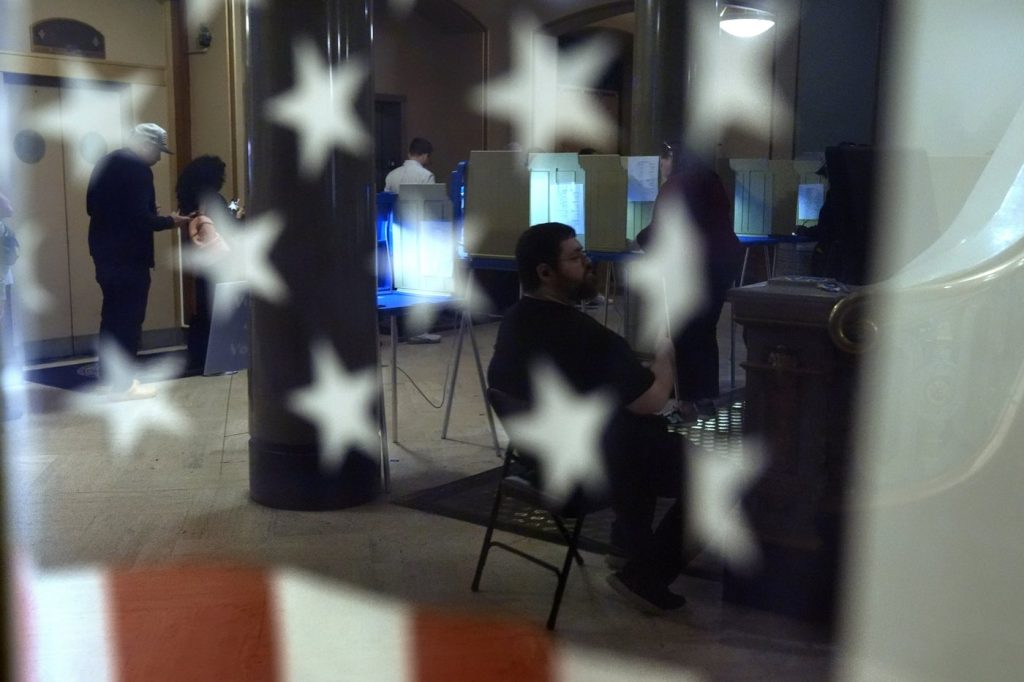Cyprus displays jewelry, early Christian icons and Bronze Age antiquities once looted from island

Posted Jul 22, 2024 09:35:39 AM.
Last Updated Jul 22, 2024 11:31:19 PM.
NICOSIA, Cyprus (AP) — Cyprus on Monday put on display artifacts — some of them thousands of years old — that were returned after a Turkish art dealer looted them from the ethnically divided island nation decades ago.
Aydin Dikmen took the artifacts from the country’s breakaway north in the years after Cyprus’ split in 1974, when Turkey invaded following a coup mounted by supporters of union with Greece. The antiquities were kept in Germany after authorities there seized them in 1997, and protracted legal battles secured their repatriation in three batches, the last one this year.
Addressing the unveiling ceremony at Cyprus’ archaeological museum, President Nikos Christodoulides said the destruction of a country’s cultural heritage as evidenced in recent conflicts becomes a “deliberate campaign of cultural and religious cleansing that aims to eliminate identity.”
Among the 60 most recently returned artifacts put on display include jewelry from the Chalcolithic Period between 3500-1500 B.C. and Bronze Age bird-shaped idols.
Antiquities that Dikmen also looted but were returned years ago include 1,500-year-old mosaics of Saints Luke, Mark, Matthew and James. They are among the few examples of early Christian works to survive the Iconoclastic period in the 8th and 9th centuries when most such works were destroyed.
Cyprus’ authorities and the country’s Orthodox Church for decades have been hunting for the island’s looted antiquities and centuries-old relics from as many as 500 churches in open auctions and on the black market.
The museum’s antiquities curator, Eftychia Zachariou, told the ceremony that Cyprus in recent years has benefited from a shift in thinking among authorities in many countries who now opt to repatriate antiquities of dubious provenance.
The Associated Press








